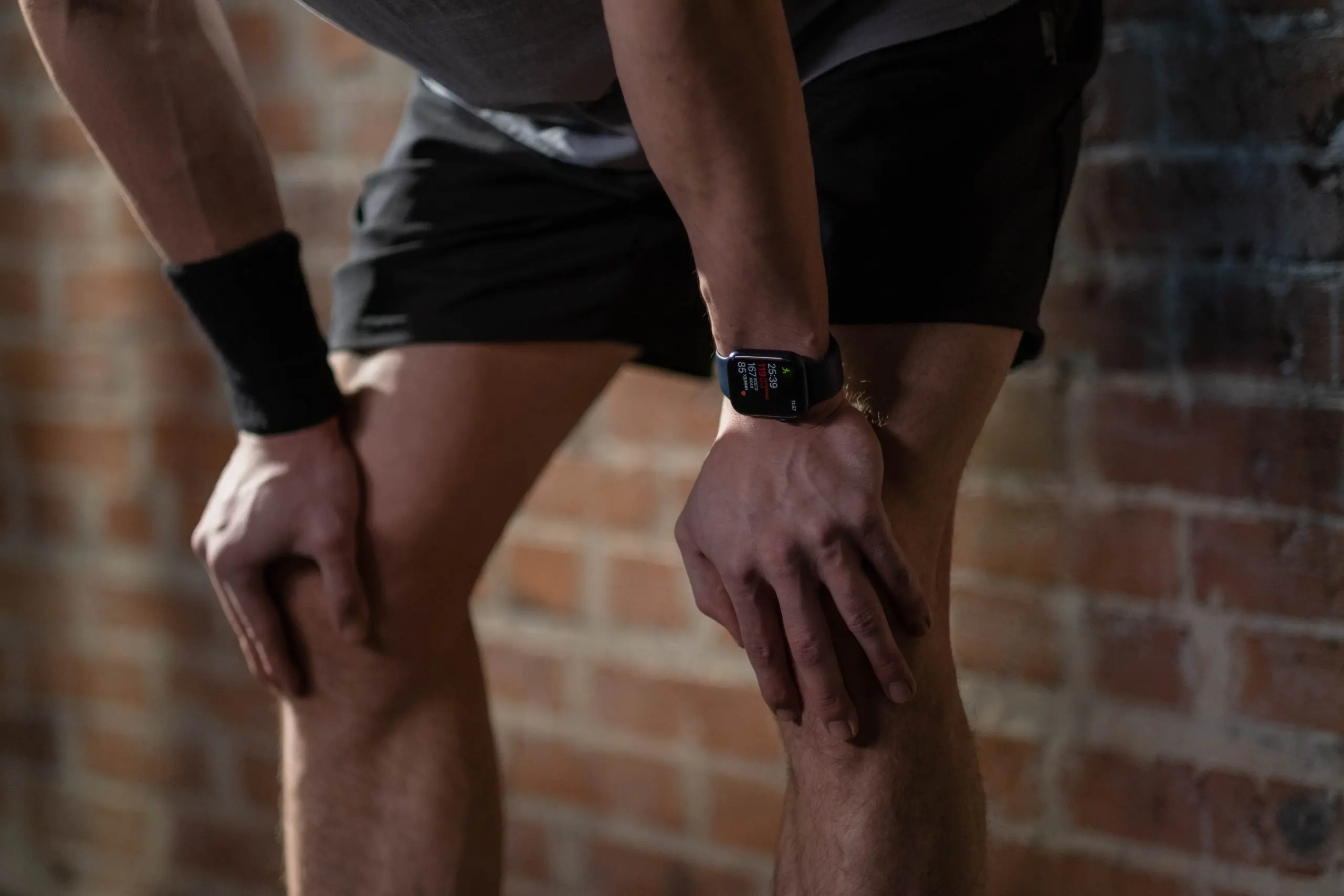Running is an incredibly popular and rewarding form of exercise, offering numerous physical and mental benefits. However, the impact of running on our knees is undeniable, and knee pain is a common ailment among runners. In this comprehensive guide, we’ll delve deep into the realm of knee pain in runners, providing you with in-depth insights and practical strategies to ensure your knees remain healthy and pain-free. Whether you’re an experienced marathoner or a novice lacing up your running shoes for the first time, these tips will be invaluable in your quest for a fulfilling and pain-free running experience.
Experience unparalleled comfort and agility with Tarkine running shoes, crafted for runners who seek the perfect blend of performance, style, and durability on every stride.
Understanding the Anatomy of Knee Pain
To effectively combat knee pain, it’s essential to begin with a strong foundation: an understanding of the anatomy of the knee. Your knee joint is a marvel of biological engineering, comprised of the femur, tibia, patella, ligaments, tendons, and cartilage. These components work in harmony to facilitate movement, but they’re also susceptible to strain and injury. By familiarizing yourself with this intricate structure, you’ll be better equipped to identify the source of your knee pain and make informed decisions regarding its treatment and prevention.
Following Your Doctor’s Advice
If you’re experiencing persistent knee pain, it’s essential to consult a medical professional. Your doctor can examine your knee and provide a proper diagnosis, ruling out any underlying conditions that may require specific treatment. In some cases, physical therapy or orthopedic interventions may be necessary to alleviate chronic knee pain. Consulting with knee pain specialists at The Pain Relief Center or similar trusted clinics can provide you with a personalized treatment plan to get you back on track to pain-free running. It’s crucial to follow your doctor’s advice carefully and adhere to any prescribed exercises or treatment plans. Ignoring knee pain and pushing through it can lead to further damage and may even require surgery in extreme cases.
Preventive Measures: Choosing the Right Footwear
The importance of proper running shoes cannot be overstated when it comes to preventing knee pain. Running in ill-fitting or unsuitable shoes can lead to various issues, including misalignment, overpronation, and supination. These problems can strain your knees, causing discomfort and potentially sidelining you from your favorite activity. To keep knee pain at bay, invest in high-quality running shoes that offer adequate cushioning, arch support, and stability. Ensure your shoes are a perfect fit and replace them when they show signs of wear and tear.
The Importance of Proper Running Form
Your running form is like a blueprint for your knee health. Maintaining good posture, adopting a natural stride length, and landing with the right foot strike are all pivotal elements of injury prevention. Run with an upright posture, allowing your arms to swing naturally and your feet to land beneath your hips. Strive for a midfoot or forefoot strike to reduce the impact on your knees. If you’re unsure about your running form, consider getting a professional gait analysis to identify and address any abnormalities that may be contributing to your knee pain.
Strengthening and Stabilizing Exercises
Building strength in the muscles surrounding your knees is an effective strategy for preventing knee pain. Your quadriceps, hamstrings, and calf muscles play a critical role in knee stability. Exercises like squats, lunges, leg raises, and leg extensions are excellent for strengthening these muscle groups. These exercises not only provide additional support to your knee joint but also enhance your overall running performance by improving your stride and balance.
Cross-Training for Balanced Fitness
Running is a highly repetitive activity that can lead to muscle imbalances and overuse injuries. To counteract these issues, incorporate cross-training into your fitness routine. Activities like swimming, cycling, or yoga offer a refreshing change of pace and work different muscle groups. This not only reduces the risk of knee pain but also contributes to a more well-rounded and resilient physique. Cross-training can also help you maintain motivation and prevent burnout, making your running journey more enjoyable and sustainable.
Smart Recovery and Rest
Overtraining is a common culprit behind knee pain in runners. It’s important to recognize that your body needs time to recover and adapt to the physical stress of running. Neglecting rest and recovery can lead to persistent knee pain and, in some cases, more severe injuries. Listen to your body and be mindful of warning signs such as persistent discomfort, swelling, or decreased performance. On rest days, consider activities like stretching, foam rolling, or low-impact exercises to aid in recovery. Applying the R.I.C.E. (Rest, Ice, Compression, Elevation) protocol can also be beneficial for alleviating inflammation and pain in your knees.
Nutrition and Hydration for Knee Health
Proper nutrition and hydration are fundamental aspects of maintaining healthy knees. The foods you consume play a pivotal role in supporting your body’s ability to recover and repair itself. Aim to include foods rich in antioxidants and anti-inflammatory properties in your diet. Berries, turmeric, and foods high in omega-3 fatty acids, such as fatty fish and flaxseeds, if you are unable to eat these foods for any reason, consider including joint supplements like JointXL Plus or Youtheory Turmeric in your diet. These supplements are rich in turmeric, omega-3 fatty acids, and other essential nutrients that can help reduce inflammation and support joint health. Staying well-hydrated is equally important, as it aids in maintaining joint lubrication and preventing friction that can exacerbate knee pain. Drinking an adequate amount of water throughout the day should be a priority.

Knee pain doesn’t have to be an inevitable companion on your running journey. By acquiring an understanding of the causes of knee pain, making informed footwear choices, perfecting your running form, integrating strength and stability exercises, cross-training, and prioritizing smart recovery and rest, you can significantly reduce your risk of knee pain. Your dietary choices and hydration habits also play a vital role in maintaining knee health. Embrace these strategies, and you’ll be well on your way to enjoying pain-free runs and achieving your running goals, all while prioritizing the long-term well-being of your knees.

















